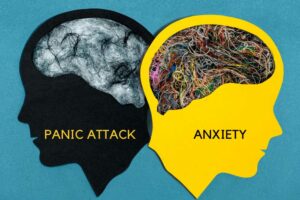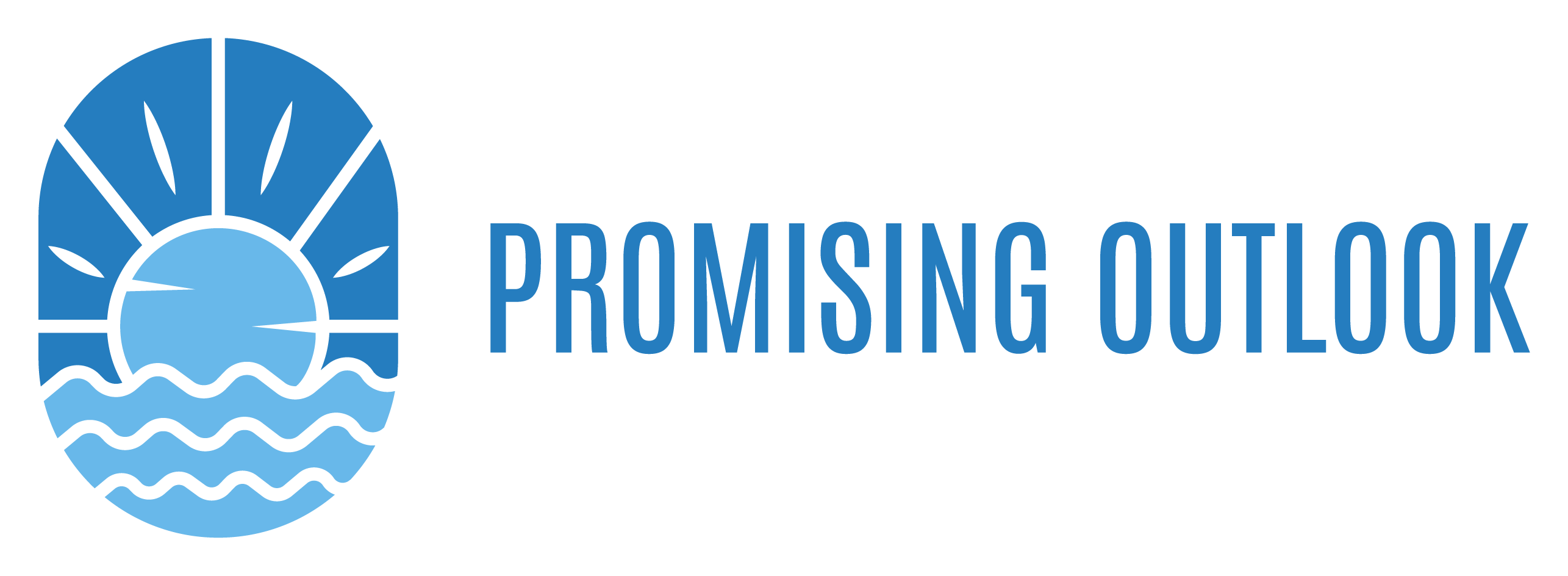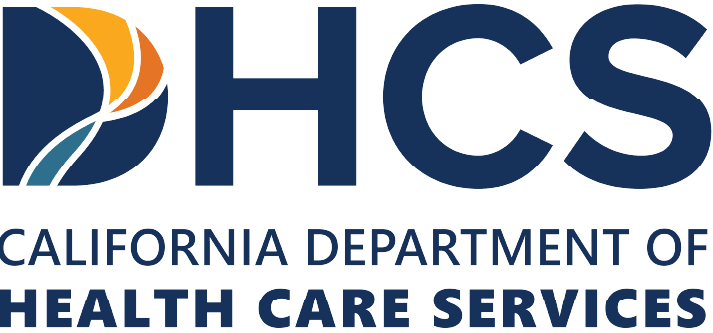When we think of an alcoholic, two stereotypes often spring to mind. One is the “life of the party,” the man with the lampshade on his head, telling jokes. To get to the emotional place to tell jokes and be the life of the party, he had to have a couple of drinks, or whatever his substance of choice is, but very few people see that. The other obvious stereotype is the lonely man or woman, living alone, drinking alone–no real friends to speak of. The man with the lampshade is just as lonely as the man or woman drinking alone at home, it just doesn’t seem that way from the outside looking in.
Loneliness Causes More Loneliness
In both instances, the people drinking or using are doing so to numb the painful emotions that come about when we feel lonely, alone, anxious, unhappy, or depressed. We drink or use because the reward center of the brain is stimulated when we do, so we feel better temporarily. But no one can stay drunk or high all the time. When we sober up, we feel worse, and so we drink or use again. Our focus shifts from wanting genuine connection to just wanting to feel better. So their focus becomes on drinking or using. How soon until the next drink? Do I have time to stop at the bar?
This feeling of loneliness also interferes with our ability to have a spiritual life, whether that be organized religion, a yoga practice, or a feeling of connection to something bigger than ourselves when we do volunteer work. We drink to feel less alone, and then the drinking makes us feel more alone.
Finding Your “Why”
Finding a sense of spirituality in recovery can give you more motivation to continue on your recovery journey. As humans, we search for meaning; “What does it mean?” and “Why am I here?” are questions that all of us have asked at one point or another. A couple of studies have been done that have demonstrated that when someone has a sense of purpose, he or she will do better in addiction recovery. (One study, examining a sense of purpose and treatment for alcohol addiction was published in the Journal of Clinical Psychology in 1994; a similar study looking at sense of purpose and recovery from cocaine addiction was published in the Journal of Substance Abuse Treatment in 2011.) Having a sense of “why” can help you as you go through treatment and embrace a new lifestyle. Overcoming an addiction is very hard work. If you are working toward something positive, getting back to the sense of purpose that can come from spirituality can be much more rewarding than just avoiding all the negatives that come from addiction.
Your “Why” Can Take Many Forms
Your spirituality, a part of your “why” for overcoming addiction, is deeply personal and can take many forms. If you are a practicing Christian, part of your “why” might be so that you can be a more faithful follower of Jesus Christ. If you describe yourself as spiritual but not religious, you may feel a sense of connection to the universe. Your motivation for recovery might be so that your sense of connection that you might find through meditation will be sharper and clearer, not dulled by substance abuse. You may be a person who finds meaning through acts of service. Your sense of a force greater than yourself might be in the collective power that comes from many people being engaged in good works. Helping other people takes your focus off yourself, and is a good endeavor, in and of itself.
Opening Yourself to Spirituality
If you were raised in a faith tradition and have drifted away, go to a service or two. If you have always been curious about another faith, go to a service or two. If you used to spend time in prayer, begin doing so again.
Take a yoga class. Yoga improves your strength and flexibility, reduces stress, boosts the immune system, and lowers blood pressure. Yoga also reduces anxiety, depression, fatigue, and insomnia.
Make time for meditation. Taking just a few minutes a day to be still and quiet your mind is good for your body, mind, and spirit. If you aren’t familiar with meditation techniques, there are numerous apps available to guide you through the process. Or simply get into a comfortable position, close your eyes, and focus on your breathing.
Go for a walk, preferably in nature. Notice the sights and sounds, how the wind feels against your skin.
Do something for someone else–a random act of kindness. Go grocery shopping for your elderly neighbor. Take a meal to someone who is ill. Offer to babysit for a young family so mom and dad can go out without the kids. Volunteer in a soup kitchen. Opportunities to be of service are numerous and volunteering will make you feel better, too.
Rediscovering your spirituality will make it easier for you to overcome your addiction. Spirituality will also make you a more fulfilled and happier person and will do some good for someone else as well.
Spirituality is incorporated into many addiction recovery programs because it aids in recovery and helps to heal the person struggling with substance abuse on a soul level. Promising Outlook is an outpatient drug and alcohol treatment center located in California’s Inland Empire. The treatment programs are rooted in the 12-Step philosophy and the staff at Promising Outlook focuses on treating the whole patient by working to identify trauma or mental health disorder that may be contributing to the addiction. An individualized treatment plan is developed for each patient, and the treatment modalities used include cognitive behavioral therapy (CBT) dialectical behavioral therapy (DBT), mindfulness-based stress reduction, relapse prevention, motivational interviewing, and psychotherapy. In addition, Promising Outlook is one of few treatment centers that offers classes in anger management. Programs are offered for women and men ages 18 and up. If you or someone you know is ready to seek treatment for alcohol or drug abuse, call 866.980.2869.









